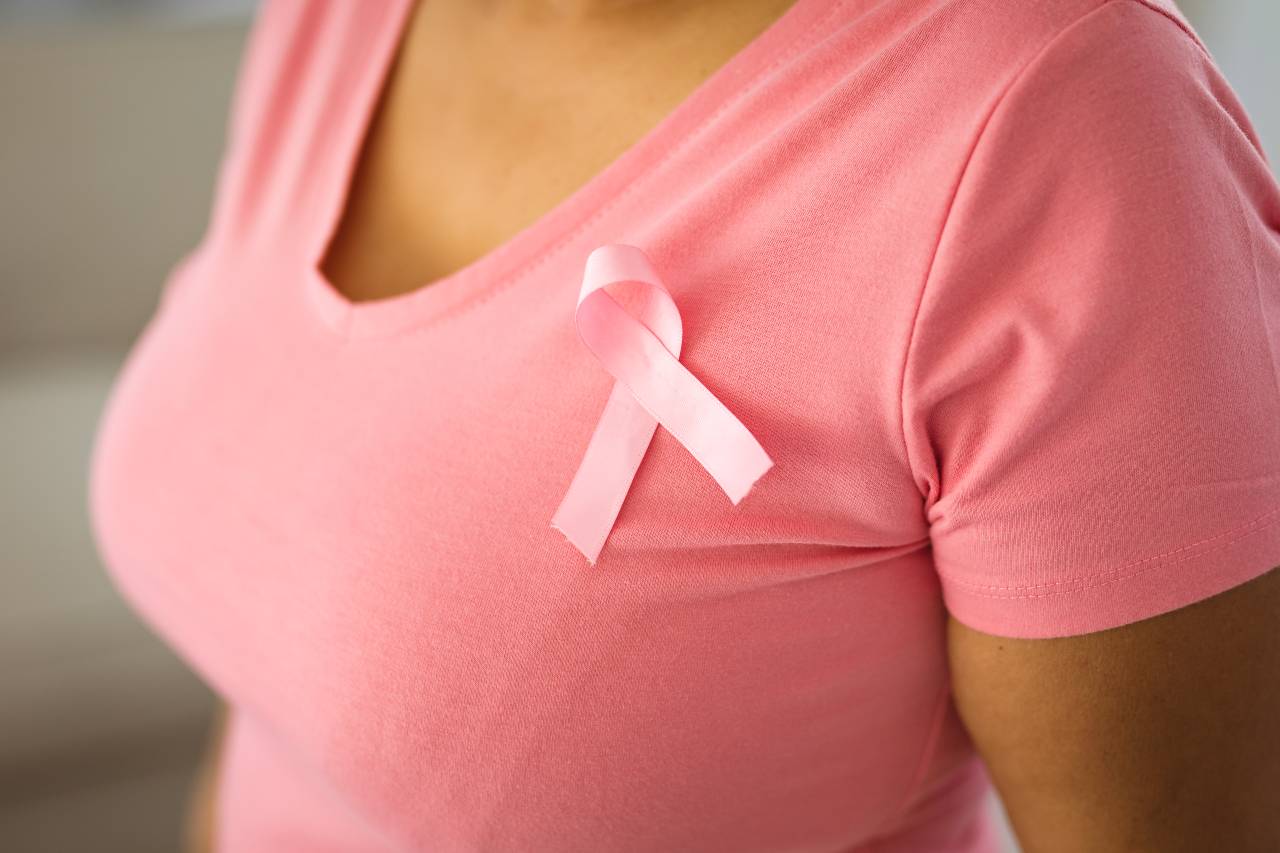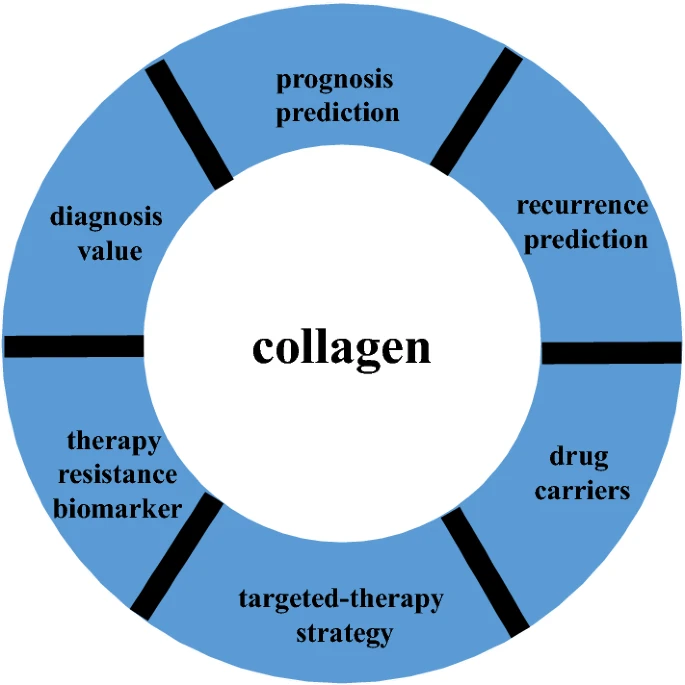Whether male or female, it’s almost impossible to control when or if you’ll get breast cancer but there’s a lot you can do to control the risks. This means you need to keep your body – and your breasts – as healthy as possible.
Risk factors for breast cancer as you age
Right off the bat and before we even take a look at any of the other risk factors, you need to know that age is a determining factor in your level of health. Apart from causing fine lines and wrinkles to appear on your skin, ageing also:
- increases your risk of developing skin, bone, and brain-related diseases
- decreases muscle mass and joint strength
- can make managing your diseases more difficult as you try to cope.
And as unusual as it sounds, men are at risk, too. The current stats for breast cancer in men indicate that “about 2,650 men are expected to be diagnosed with breast cancer in 2021. Of those, it is estimated that 530 men will die from breast cancer. The lifetime risk of a man being diagnosed with breast cancer is about 1 in 833.”
Breast Cancer In Men: Know The Risks Source: breastcancer.org
Source: breastcancer.org
The good news is … it’s not all bad news.
Here are 5 practical tips and some sound advice for lowering your risk of being diagnosed with breast cancer – and developing the best breast health habits – as you age:
1. Understand your risk profile for breast cancer
Everyone is at risk of being diagnosed with breast cancer. As you age, that risk profile increases, lowering your odds of beating the disease.
The easiest and healthiest way to avoid this is to manage your health, which begins with an understanding of your risk profile. Genetics and a family history of cancers in general – and breast cancer, specifically – are a sure predictor of increased risk.
- Discuss your medical history with immediate family members to track medical health problems that may be genetic in nature, i.e. cancers, autoimmune diseases, and skin diseases (such as eczema or psoriasis).
- Speak to your doctor or medical practitioner if any aspects of your health concern you or change without notice.
Don’t assume that you are exempt if you are a man. Your family’s medical history can guide you, but the fact remains that everyone is at risk.
2. Know how your breasts normally look and feel
Just as your breasts are unique to everyone else’s, so are the signs and symptoms of abnormalities. We are not all the same, and it’s not just gender that separates us. It’s vitally important that you’re aware of how your breasts look and feel on any given day.
- Do a self-examination in the bath, shower, or while getting dressed on a daily basis.
- Take charge of your breast health by aligning your habits to early detection.
3. Get screened for breast cancer every year
Your survival rate depends on early detection. The faster you find and diagnose a condition, the faster it can be treated. The same holds true for breast cancer.
Screening tests are still the only way to diagnose breast cancer even before you notice early warning signs or see any symptoms. Speak to your doctor or healthcare practitioner about your personal risk factors and how often your screening should be done.
- Get a mammogram at your local clinic every year once you turn 40.
4. Change your lifestyle to change your outcomes
Your lifestyle should never be a factor in your health concerns. There are a number of ways to correct an unhealthy lifestyle, such as cutting back on your alcohol intake, getting enough sleep, and eating the right foods so your body gets all the essential nutrients it needs.
- Smoking has been shown to be a major risk factor in many diseases, pandemics, and overall health and wellness. Smoking also inhibits natural collagen production in your body. Reducing your smoking or quitting the habit can extend your life and improve your health.
5. Trust your instincts
It’s easy to dismiss your concerns when a loved one downplays a minor symptom or dismisses your feelings of uncertainty. Going to a doctor may not always feel comfortable or natural, especially when you are so much on display. It’s normal to therefore ask for advice, especially from other women you feel comfortable with.
What is not normal, however, is dismissing our own warning systems and alarm bells for the sake of making others feel at ease or less comfortable with being okay in your own skin. It is perfectly okay to ask questions, to seek answers, and to not stop looking for the right help if you feel that your needs for more information or further assistance are not being met.
How the collagen lifestyle supports breast health
Despite numerous guidelines on diagnosing, treating, and long-term management of cancer-related prognoses, the overall health of breast cancer patients remains a difficult aspect to manage.
Long-term illnesses, cancers, autoimmune diseases, and other inflammatory conditions are known to affect collagen production in the body, leaving your muscles weak and unable to respond.
It makes good health sense to supplement your collagen levels when they begin to diminish with age, as collagen has been shown to produce reliable results when used as “a predictor of prognosis and recurrence, in diagnosis, as a therapy resistance biomarker, as a targeted-therapy strategy, and as a drug carrier” in clinical applications.
The value of collagen in clinical applications
Source: Journal of Translational Medicine
According to a September 2019 study published in Journal of Translational Medicine, pre-clinical and clinical studies show that collagen may slow the development of cancer cells under certain conditions. Exciting results reveal that collagen may improve patient survival and quality of life when collagen levels are optimally balanced.
Johns Hopkins Medicine recommends that breast cancer survivors “consume 2-3 servings of fish weekly” but for some, this may not be possible. Restricted or limited eating plans may mean that fish is not a dish eaten.
For those with fish allergens, Correxiko’s grass-fed and pasture-raised beef collagen is a healthy alternative for your skin, hair, nails, joints, bones, tissue, and gut health.
Marine Collagen Powder + Capsules Bundle

£69.00
Marine Collagen Powder & Capsules (1 Month Bundle) Pure, ethically sourced, high-quality Marine Collagen Powder that has been double hydrolysed for maximum effectiveness and better absorption, plus Correxiko Marine Collagen Peptides Capsules containing 2000mg of hydrolysed Marine Collagen per serving. Experience enhanced… read more







